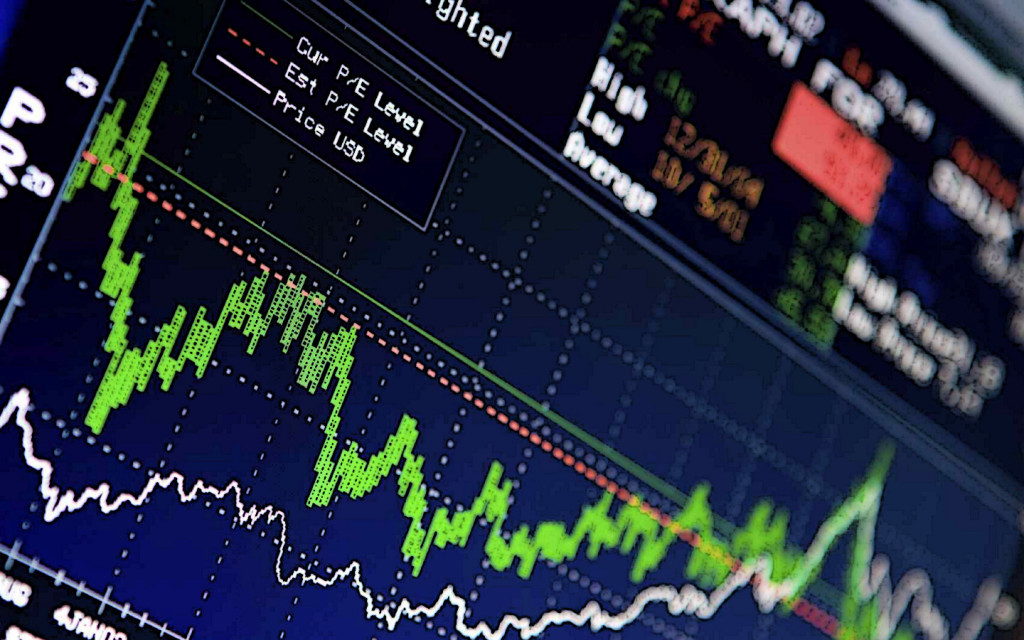When making investment selections, the size of the business is essential. Mid-cap companies can develop quickly by having the proper business plan, competent execution management, and adaptability to changes. Mid-cap investments are preferred by investors looking to outperform large-cap investments, but they carry greater risk (or volatility).
Mid Cap Mutual Funds allow you to build sizable, lasting wealth. It is crucial to choose only mutual funds that select high-quality mid-cap stocks, such as HDFC mutual fund.

What are Mid Cap Mutual Funds?
The Securities and Exchange Board of India (SEBI) divides mutual funds into three categories depending on Market Capitalization: large-cap, mid-cap, and small-cap funds. These categories ensure consistency in the investment market. Mid-cap funds are firms with market capitalizations between $2 billion and $10 billion (mid-sized firms).
Mid-cap funds have a lot of potential for future growth in return rates. Due to market instability and general ambiguity about their performance in the future, risk levels are simultaneously increased. The NAV Average for HDFC Mid-Cap Opportunities Fund’s direct plan is 26.75% for three years.
How do Mid-Cap Funds Function?
Mid-cap corporations are the main assets used by mid-cap mutual funds to earn returns on investment. To potentially generate a strong recovery over the long term, fund managers use investors’ money to invest in mid-cap stocks.
What benefits do Mid Cap Mutual Funds offer Investors?
The following are the benefits of the Mid Cap Mutual Funds:
- Mid-cap companies have more significant growth potential than large-cap firms.
- Mid-cap firms respond to new technology and market changes more swiftly as these firms tend to be more specialized and concentrated in their niche.
- Small-cap equities are more volatile than mid-size companies.
- Mid-cap companies frequently outperform small- and large-cap funds.
- A slightly different pattern from large or small shares may be seen in mid-cap funds. So, they are helpful for portfolio diversification as a result.
- Mid-cap companies have more resources and better access to finance than small-cap companies.
- You can discover several specialist industries and stocks that will eventually have huge market caps.
Who is eligible to invest in Mid Cap Mutual Funds?
If you possess the following criteria, you can invest in Mid Cap Mutual Funds:
- Appetite for High risk
- Long-term Investment Period of more than 7+ years.
Why invest in Mid Cap Mutual Funds?
Depending on the sorts of investors and their diverse financial objectives, several types of investment possibilities are available on the market. You can think about investing in an HDFC midcap opportunities fund if you’re searching for long-term growth prospects and returns that will eventually outpace inflation.
What is the HDFC Midcap Opportunities Fund?
A closed-end equity fund that primarily invests in mid-cap firms. This HDFC mutual fund must have a predominately mid-cap strategy with a minimum exposure of 65% to mid-size equities.
What are the Factors to Consider before Investing in Mid-Cap Funds?
The following are the essential factors to think about before investing in mid-cap funds:
- To increase your wealth by compounding, you should invest for at least 8 to 10 years. Choose programs such as HDFC midcap opportunities fund that provide more of an emphasis on market analysis and good investing options. Your chances of earning lucrative returns increase as you stay in your investment portfolio for a more extended period.
- When choosing a scheme, it would be great if you kept in mind that it has been rated.
- Mid-cap funds will invest in the stock and equity-linked securities of market-based mid-cap firms.
- Mid-cap funds are more steady than small-cap funds, but their returns can be smaller.
- Verify the investment programs’ expense ratios. According to SEBI regulations, fund management and administrative charges for all mutual fund companies must not exceed 2.50%. Better returns on your mutual fund investments are directly correlated with reduced expense ratios.
- You should know the post-tax returns of a fund. Investors should confirm the applicable tax deductions after the investment plan’s term.
- Investors are urged to investigate other qualitative aspects, including the fund manager’s track record and investment methodology.
- Find fund companies with a significant presence in the financial markets and offer funds with a proven track record. To invest your money, you must choose the fund firm you trust, such as HDFC mutual fund. The proportion of top-performing funds should also be considered.
Final Thoughts
Given the returns they might produce, choosing mid-cap funds for one’s investment portfolio can be advantageous. As mid-cap mutual funds are high-risk return investments, it is advised for investors to keep their exposure within the recommended ranges.